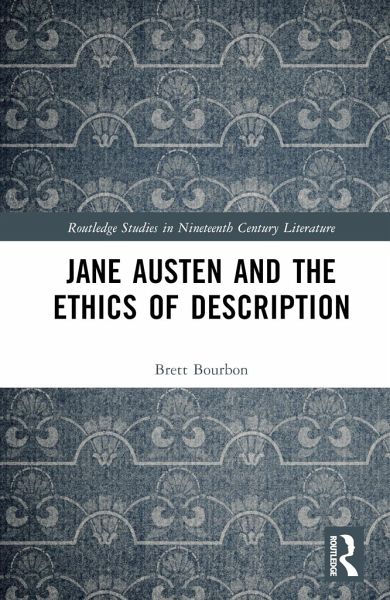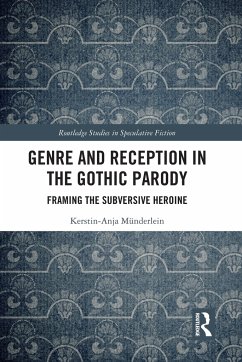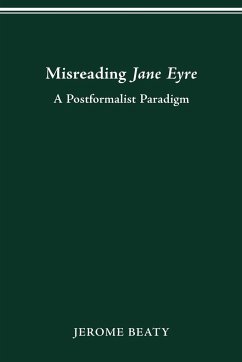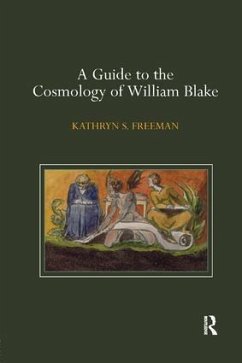
Jane Austen and the Ethics of Description
Versandkostenfrei!
Versandfertig in 1-2 Wochen
150,99 €
inkl. MwSt.
Weitere Ausgaben:

PAYBACK Punkte
75 °P sammeln!
Jane Austen and the Ethics of Description demonstrates that Elizabeth Bennet and her creator are misunderstood, and often unrecognized, geniuses of moral philosophy, but not simply because of their virtue or wit or natural skills in game theory.













